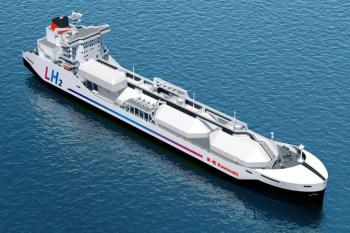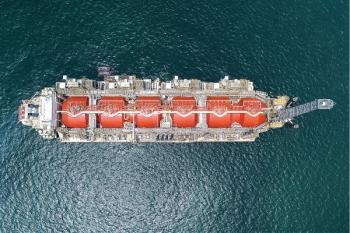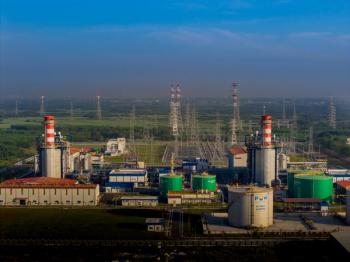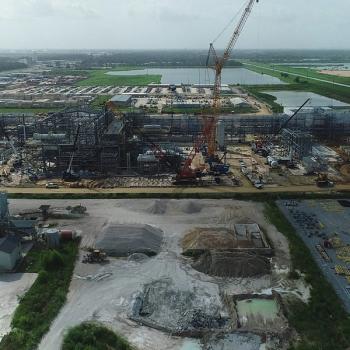
World Energy GH2 Issues Impact Statement for Canadian Green Hydrogen Project
Project Nujio’qonik has been the subject of an environmental green hydrogen study conducted by World Energy GH2 and Qalipu First Nation.
An Environmental Impact Statement (EIS) has been submitted by World Energy GH2 Inc. for Canada’s Project Nujio’qonik, an environmental study for a commercial-scale green hydrogen project. Project Nujio’qonik, which is expected to commence operation in 2025, will be installed on the western coast of Newfoundland and Labrador, producing wind-to-green hydrogen. Once the initial stages are complete, the project will offset approximately 850,000 tonnes of CO2 emissions annually—a calculation based on displacing the equivalent amount of coal-generated energy.
"Over the past few months, we've achieved several key milestones for Project Nujio'qonik," said Sean Leet, Managing Director and CEO of World Energy GH2. "We acquired the Port of Stephenville, a key asset for the production and shipping of green hydrogen and green ammonia; we closed a $50M investment with our newest partner, SK ecoplant, marking the first overseas investment in a Canadian green hydrogen project; we successfully completed the first phase of the province's Crown lands bidding process; we made major strides towards completing our Pre-FEED (initial phase of front-end engineering and design), and we have now submitted a comprehensive environmental impact statement. We look forward to the province announcing its decision regarding the final phase of the Crown lands bidding process at the end of this month, and to the province's response to our EIS submission later this fall."
World Energy GH2 collaborated with Qalipu First Nation for the environmental assessment process through a series of consultations and resource studies. Qalipu First Nation conducted a traditional land and resource use study among members of the Mi’kmaq community in Newfoundland and Labrador.
Project Nujio’qonik had its environmental assessment process registered with the province in June 2022. The registration contains 27 studies and plans as deemed necessary by Canada’s Department of Environment and Climate Change. World Energy GH2 has been conducting the required studies since early summer of 2022.
Newsletter
Power your knowledge with the latest in turbine technology, engineering advances, and energy solutions—subscribe to Turbomachinery International today.




